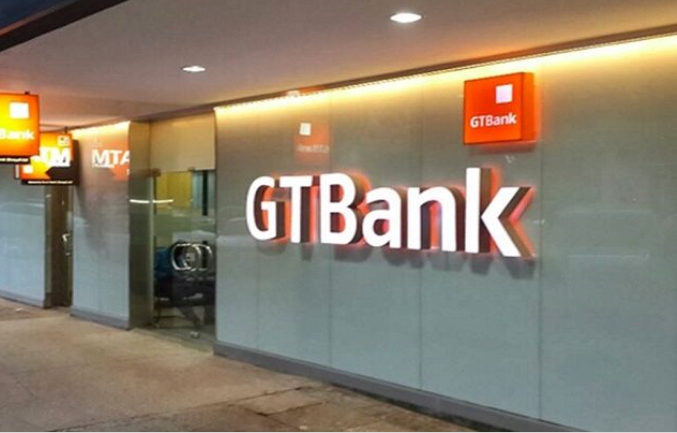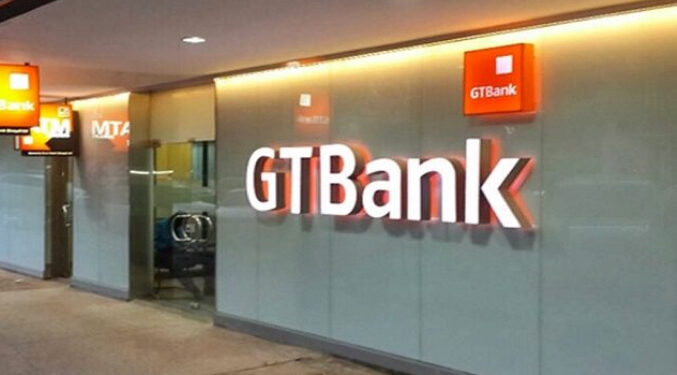
Ratings agency, Fitch Ratings has affirmed Guaranty Trust Bank (Ghana) Limited’s (GTB Ghana) Long-Term Issuer Default Rating (IDR) at ‘B-‘ with a Stable Outlook.
The bank’s Viability Rating (VR) has also been affirmed at ‘ccc’.
According to the UK-based firm, GTB Ghana’s Long-Term IDR is driven by potential support from its Nigeria-based parent Guaranty Trust Bank Limited (GTB; B-/Stable), as expressed by its Shareholder Support Rating (SSR) of ‘b-‘.
The Stable Outlook reflects that on GTB’s Long-Term IDR. GTB Ghana’s Long-Term IDR is at the same level as Ghana’s Country Ceiling of ‘B-‘, which captures Fitch’s view of transfer and convertibility (T&C) risk within Ghana.
“GTB Ghana’s VR of ‘ccc’ reflects our view that failure remains a real possibility due to high exposure to the Ghanaian sovereign (‘RD’) through securities. This is despite losses incurred in the sovereign domestic debt restructuring, forthcoming external debt restructuring and impending loan-quality issues being tolerable due to large capital buffers. The VR is one notch below the implied VR of ‘ccc+’ due to the following constraint: Operating Environment/Sovereign Rating”.
Shareholder Support Rating of ‘b-‘
Fitch believes GTB has a high propensity to provide support, if required, despite the sovereign default, to preserve its Ghanaian operations due to the attractiveness and contribution of the Ghanaian market to its pan-African strategy, and the reputational implications of a subsidiary default.
However, GTB’s ability to provide support is limited by its own creditworthiness. Fitch does not believe the authorities will introduce controls that impede banks in servicing their external debt.
Sovereign Default
Fitch saidGhana’s domestic debt-exchange programme (DDEP), which involved exchanging cedi government bonds for new bonds with significantly lower coupons and longer tenors, concluded in February 2023, inflicting large net present value losses on participating bondholders. Ghana recently restructured other domestic debt instruments and is restructuring its external debt.
Problem Loans to Rise
It said macroeconomic conditions will burden borrowers’ debt-repayment capacity and lead to increased problem loans.
However, loan-quality risks are diminished by GTB Ghana’s small loan book (half-year 2023: 18% of total assets), with broader asset quality being more closely aligned with the sovereign’s creditworthiness.
DDEP Pressures Profitability:
It pointed out that operating returns on risk-weighted assets decreased to 5.5% in 2022 (2021: 15.9%) as a result of large impairment charges stemming from the DDEP.
Fitch considers profitability to have been supported by a low discount rate to determine the fair value of the new bonds.
DISCLAIMER: The Views, Comments, Opinions, Contributions and Statements made by Readers and Contributors on this platform do not necessarily represent the views or policy of Multimedia Group Limited.
- President Commissions 36.5 Million Dollars Hospital In The Tain District
- You Will Not Go Free For Killing An Hard Working MP – Akufo-Addo To MP’s Killer
- I Will Lead You To Victory – Ato Forson Assures NDC Supporters
Visit Our Social Media for More




